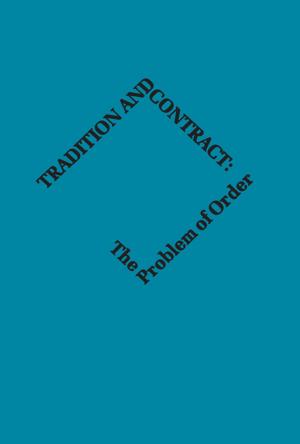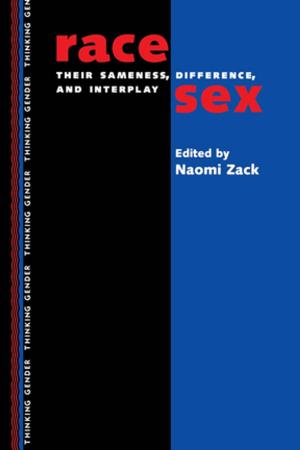The Muslim Brotherhood in Syria
The Democratic Option of Islamism
Nonfiction, Religion & Spirituality, Christianity, Church, Church & State, Social & Cultural Studies, Political Science, International, Social Science| Author: | Naomí Ramírez Díaz | ISBN: | 9781351789479 |
| Publisher: | Taylor and Francis | Publication: | September 6, 2017 |
| Imprint: | Routledge | Language: | English |
| Author: | Naomí Ramírez Díaz |
| ISBN: | 9781351789479 |
| Publisher: | Taylor and Francis |
| Publication: | September 6, 2017 |
| Imprint: | Routledge |
| Language: | English |
Anyone who follows world events has heard of the Muslim Brotherhood. Usually considered a fundamentalist religious organisation opposed to secular regimes, the so-called Arab Spring began to challenge this conception, and showed the MB’s commitment to democratic principles and elections, albeit with certain difficulties. Until now though, most analysis has focused on the Egyptian branch – the group that gave spiritual birth to the local branches in other countries – with very little having been studied about the Syrian Muslim Brotherhood, especially since the Hama massacre of 1982 and the formal disappearance of the group from Syria.
This book provides a deep insight into the Syrian Muslim Brotherhood’s ideological evolution from its inception until present-day. Since Syria has unfortunately become the place where all forms of Islamism converge, understanding the SMB, their ideological evolution, and their potential role as moderating forces, is essential in order to debunk some clichés on the MB in general. Each chapter corresponds to a specific period in the SMB’s timeline, while the final chapter discusses how the endemic gerontocracy of the group calls for an urgent renovation of structures, and stresses the importance of younger generations in renovating the ideology of the SMB.
Through the examination of original primary sources written by the SMB themselves, and relevant groups related to them, this book challenges the traditional categories applied to Islamist movements. It will therefore be a key resource for anyone studying Islamist movements, as well as for students and scholars of Middle East and North African Politics.
Anyone who follows world events has heard of the Muslim Brotherhood. Usually considered a fundamentalist religious organisation opposed to secular regimes, the so-called Arab Spring began to challenge this conception, and showed the MB’s commitment to democratic principles and elections, albeit with certain difficulties. Until now though, most analysis has focused on the Egyptian branch – the group that gave spiritual birth to the local branches in other countries – with very little having been studied about the Syrian Muslim Brotherhood, especially since the Hama massacre of 1982 and the formal disappearance of the group from Syria.
This book provides a deep insight into the Syrian Muslim Brotherhood’s ideological evolution from its inception until present-day. Since Syria has unfortunately become the place where all forms of Islamism converge, understanding the SMB, their ideological evolution, and their potential role as moderating forces, is essential in order to debunk some clichés on the MB in general. Each chapter corresponds to a specific period in the SMB’s timeline, while the final chapter discusses how the endemic gerontocracy of the group calls for an urgent renovation of structures, and stresses the importance of younger generations in renovating the ideology of the SMB.
Through the examination of original primary sources written by the SMB themselves, and relevant groups related to them, this book challenges the traditional categories applied to Islamist movements. It will therefore be a key resource for anyone studying Islamist movements, as well as for students and scholars of Middle East and North African Politics.















